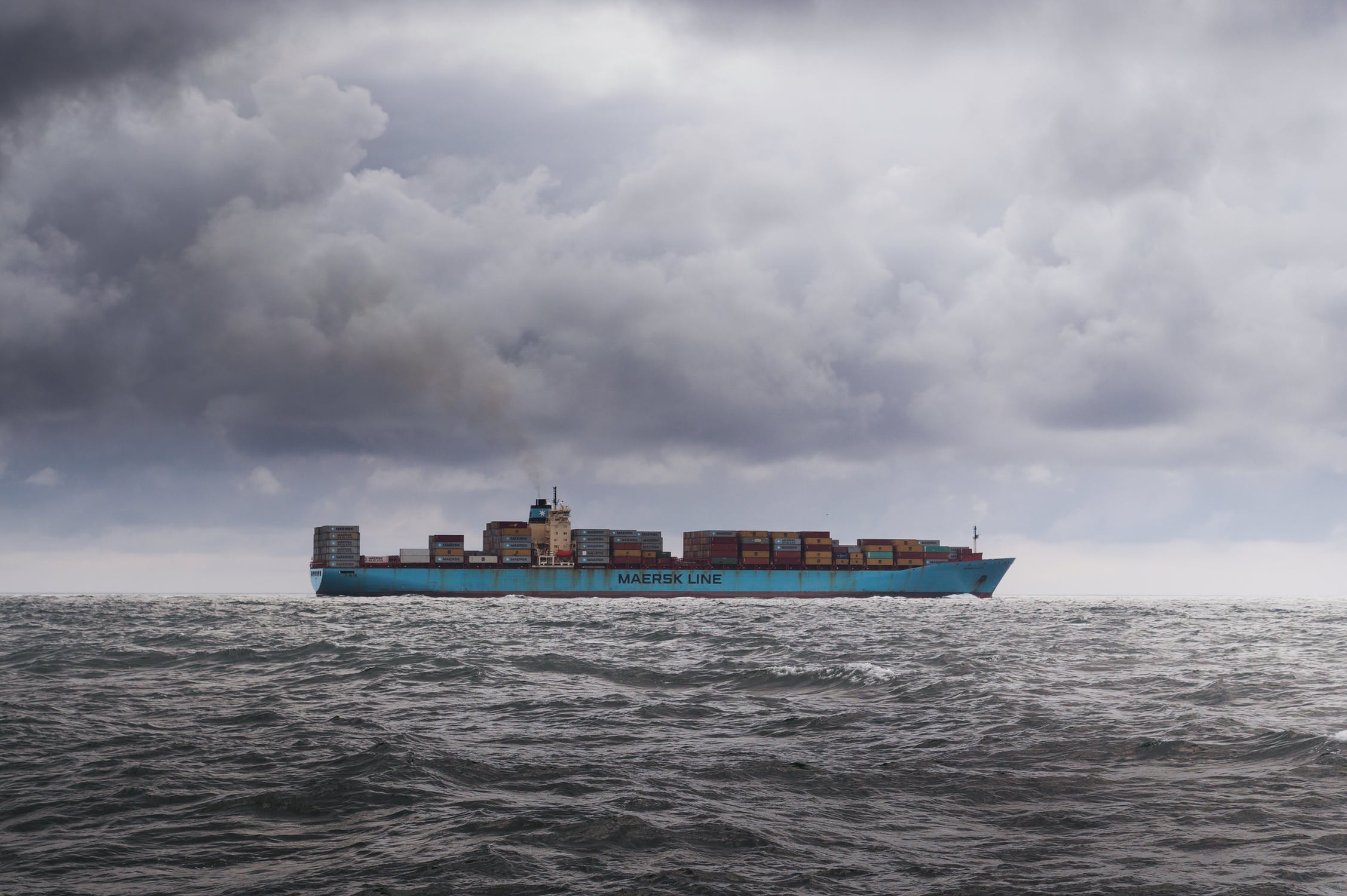Trade to play major role in fighting hunger: FAO
Open, predictable and fair global food markets can help strengthen climate change response efforts and contribute to fighting hunger, argues The State of Agricultural Commodity Markets, 2018 report.

Trade in agricultural products will make an increasingly key contribution to feeding the planet and responding to famines as climate change is set to significantly alter the ability of many world regions to produce food, according to a new report by the UN's Food and Agriculture Organization (FAO).
Open, predictable and fair global food markets can help strengthen climate change response efforts and contribute to fighting hunger, argues The State of Agricultural Commodity Markets, 2018 report.
"International trade has the potential to stabilize markets and reallocate food from surplus to deficit regions, helping countries adapt to climate change and contribute to food security," FAO director-general Jose Graziano da Silva wrote in his introduction to the report.
Rules on international trade that were established under the auspices of the WTO and newer mechanisms created under the 2015 Paris Agreement on climate change can be mutually supportive, the report argues.
But to achieve this, national agricultural and trade policies may need to be readjusted to help transform the global marketplace into a pillar of food security and a tool for climate change adaptation, it says.
This is because climate change will affect global agriculture unevenly, improving production conditions in some places while negatively affecting others - creating sets of "winners" and "losers" along the way, according to FAO.
Food production in countries in low latitudes - many already suffering from poverty, food insecurity and malnutrition - will be hardest hit, the report warns.
Regions with temperate climates, on the other hand, could see positive impacts as warmer weather lifts agricultural output.
To prevent economic and food security gaps between developed and developing countries from widening even further, "we must ensure that the evolution and expansion of agricultural trade are equitable and works for the elimination of hunger, food insecurity and malnutrition," Graziano da Silva underlined.
"The uneven impact of climate change across the world and its implications for agricultural trade, especially for developing countries, underlines the need for a balanced approach to policies, which should enhance the adaptive role of trade while supporting the most vulnerable," said Graziano da Silva.
To achieve this goal, "wide-ranging policy actions are necessary" he added. Trade policies are needed that promote well-functioning global markets, combined with climate-smart domestic measures, investments and social protection schemes.
Many countries already rely on international markets as a source of food to meet their deficit, either due to high costs of agricultural production (as for example in countries with limited land and water resources) or when climate or other natural disasters harm national food output.
FAO gave the example of Bangladesh, wherein 2017, the government slashed customs duties on rice to increase imports and stabilize the domestic market after severe floods saw retail prices soar by over thirty percent.
Similarly, South Africa - a traditional producer and net exporter of maize - recently increased imports to dampen the effect of successive droughts, FAO said.
(This story has not been edited by Devdiscourse staff and is auto-generated from a syndicated feed.)
ALSO READ
GLOBAL MARKETS-Asian shares fall on global rate scare, yen plumbs 34-yr low
Global coal power grew 2% last year, the most since 2016, GEM survey says
Bank of England's Greene says markets expect rate cuts to happen early, FT reports
Australia joins global subsidy race with 'Future Made in Australia' plan
Japanese Prime Minister Fumio Kishida to speak to Congress as doubts linger over American global leadership










